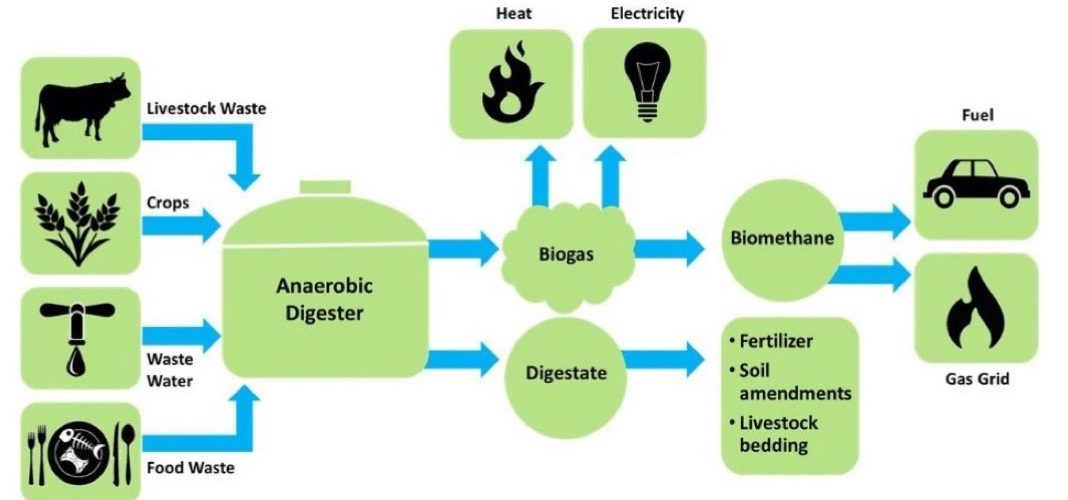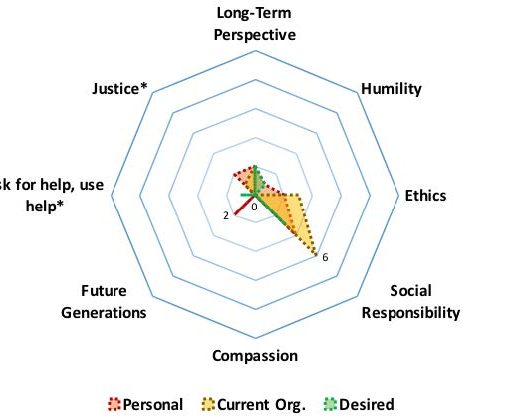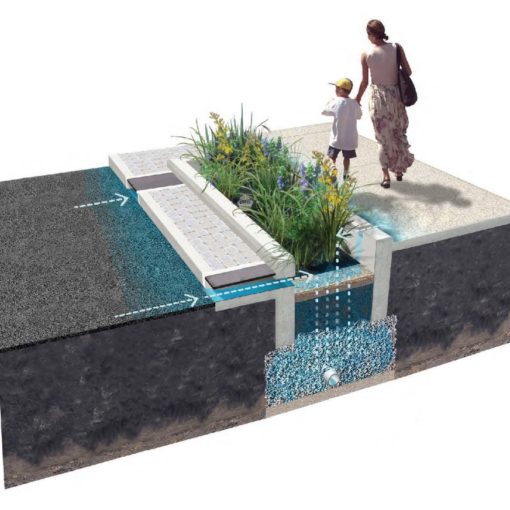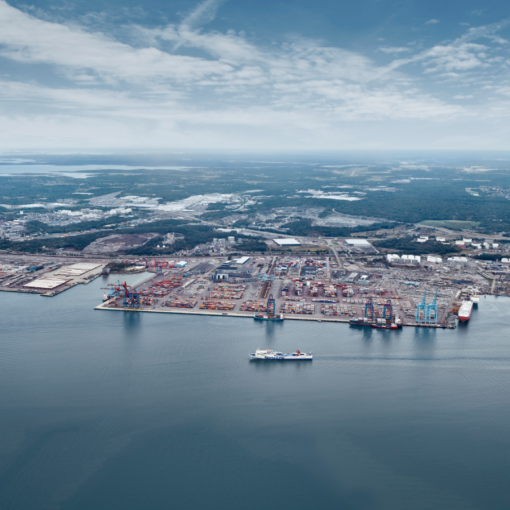Sara Vagiström & Alice Whetstone (2018)
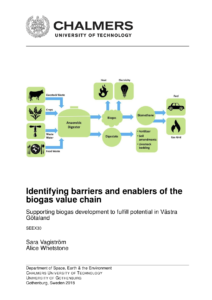
Due to ambitious targets for a fossil-free Västra Götaland by 2030, development of local production facilities for renewable alternatives is urgently needed. Despite a push on biogas production by the Swedish government in 2015, that same year only 14% of the national biogas capacity was being exploited. Västra Götaland has a target of 2.4 TWh annual biogas production by 2020, which presents a significant challenge considering that the 2015 national output was only 1.4 TWh. This study explores the research question: What barriers are hindering biogas from being used to its full potential in Västra Götaland, and what enablers could help to reach this potential? The aim is to identify how the forecast potential for biogas in Västra Götaland can be fulfilled. The study assessed the current situation by conducting a case study on the existing biogas value chain in Västra Götaland. Consequently, relevant stakeholders from the value chain were identified and semi-structured interviews were held to gain perspectives on the current biogas market state, perceived barriers and potential enablers. Grounded theory was applied to statements gathered during interviews to enable a SWOT analysis and thematic categorisation process to be carried out, with priority given the statements that had been mentioned by the most stakeholders. From this analysis, it was identified that inconsistency in supply and demand, lack of long-term planning and agreements at a national level, and competition with imports of cheaper biogas from Denmark were the main barriers to development in Västra Götaland. A key enabler was that circularity aspects of the value chain made biogas a regional political focus. Policy change was considered as an appropriate measure to address the identified barriers. Detailed investigations were undertaken into the biogas policies in place in Sweden and Denmark, with comparisons also drawn between policies in 13 other EU countries. This revealed that Sweden was one of only three countries investigated that did not offer any form of feed-in tariff for direct injections of biogas to the natural gas grid. Follow-up discussions with stakeholders identified that this may be due to potential controversy resulting from the lack of a universal Swedish gas grid. This excludes producers who are not in geographical proximity to the grid and therefore cannot benefit from it. Furthermore, a private monopoly on grid ownership means that the cost of grid connection and transmission has increased rapidly in recent years. It was agreed that greater transparency was needed between actors within the value chain, particularly with regard to grid connection options. It was also concluded that clearer information on the economic support available would encourage development of new biogas production facilities, and that financial support should be provided on a basis of potential GHG emission reduction. It was acknowledged that these issues would need to be addressed at a national rather than regional level, but discussions with stakeholders implied that the environmental benefits associated with biogas would be a strong driver for government change.

